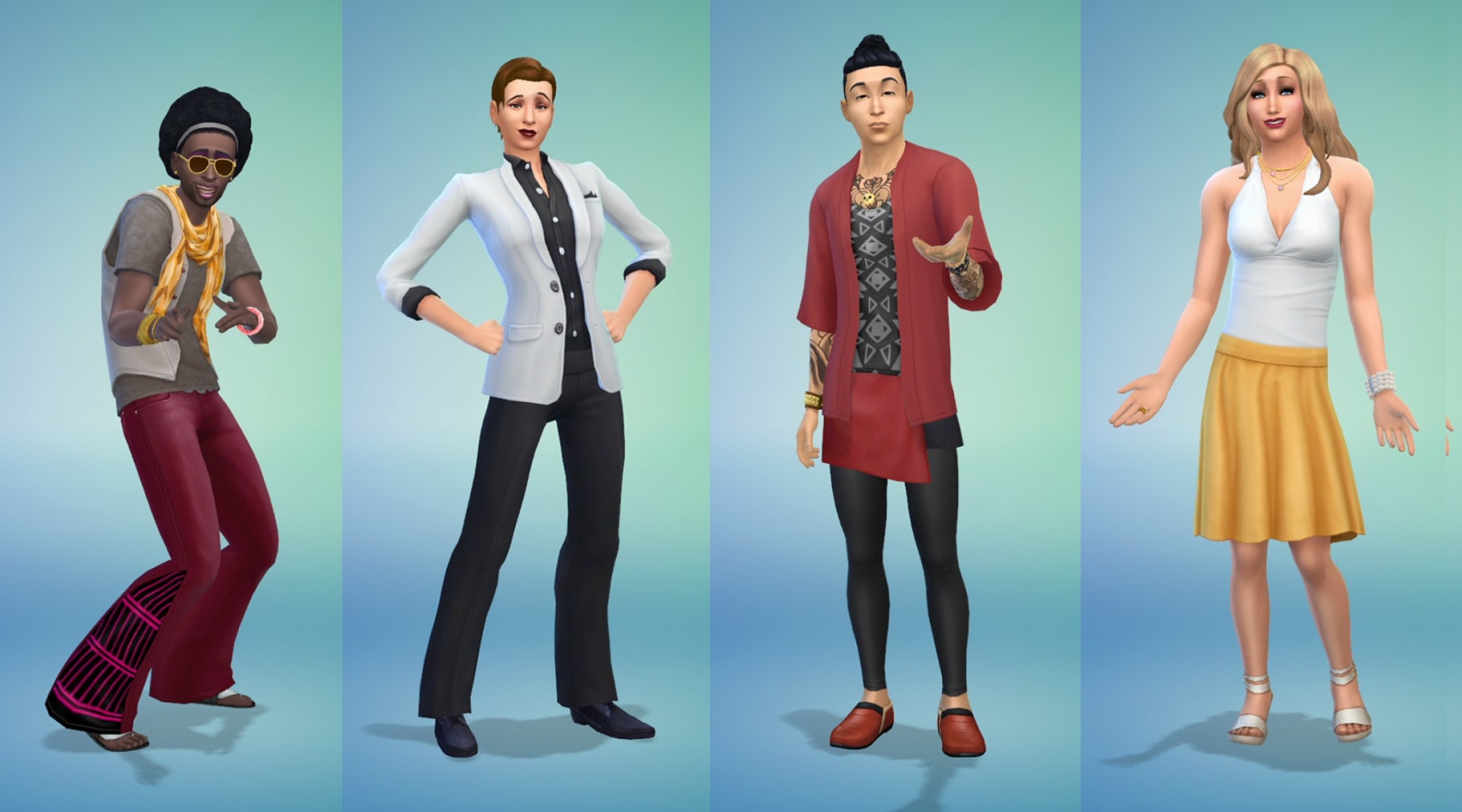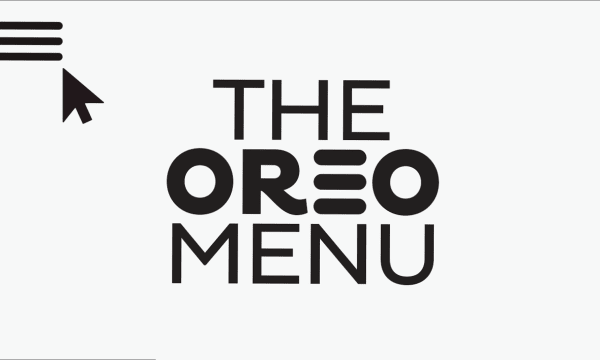Gender is at the forefront of today’s news cycle as states fight over restrictive bathroom laws. While celebrity activists including Caitlyn Jenner and Laverne Cox have raised the profile of transgender people nationwide, millennial and gen Z icons like Miley Cyrus and Jaden Smith experiment with gender fluidity, pushing the boundaries of what gender identity means.
Not an industry to be left on the sidelines, Silicon Valley is joining the conversation. Last week, Tinder CEO Sean Rad announced that the app was working to improve the experience for the range of users that do not identify as “male” or “female”—the only options currently available. In the coming months, Rad said, Tinder will expand its options to include transgender people and people of nonbinary gender identities.
Facebook just unveiled 1,200 new emojis for its Messenger app, including, for the first time, gender-neutral options. “We’re diversifying the genders to create a more balanced mix that’s more representative of our world,” said Messenger in a Facebook post.
It’s a quick turnaround from an industry that has struggled with inclusivity in the past. After a year of protests, Facebook updated its “real name” policy, which blocked users who didn’t use their given name on the site. Transgender users, who often face difficulty changing their legal names, were among those protesting the policy. Tinder has also received criticism for banning transgender users.
Outside Silicon Valley, designers are innovating for inclusion. The Seattle-based dating app Siren, launched in September, offers users a “nonbinary” gender identification option. “The heterosexual individuals in our community are fairy progressive,” said CEO Susie Lee. “They weren’t comfortable being on a site that wasn’t pro-LGBTQ.”
Games are also becoming more inclusive: Designers including Sweden’s Toca Boca and Brooklyn-based Tinybop have created apps for children with gender-neutral characters. The most recent update of The Sims, launched June 2, allows users to create gender-neutral characters for the first time, an update the game’s community has pressed for. “Players have been asking why certain hairstyles, clothing, and other options were limited to one gender or the other,” producer Lyndsay Pearson told The Verge.
Tech companies that wish to retain a progressive identity will need to broaden their definition of gender inclusivity. “There’s a certain kind of gender fluidity that society is trending toward,” said Lee.
J. Walter Thompson’s own data confirms the shift: A March report from the Innovation Group found that 74% of generation Z respondents (ages 13–20) were more accepting of non-traditional gender identities compared to a year ago, as well more than two thirds of millennials. Among gen Z respondents, 56% said they knew at least one person who went by gender-neutral pronouns.


